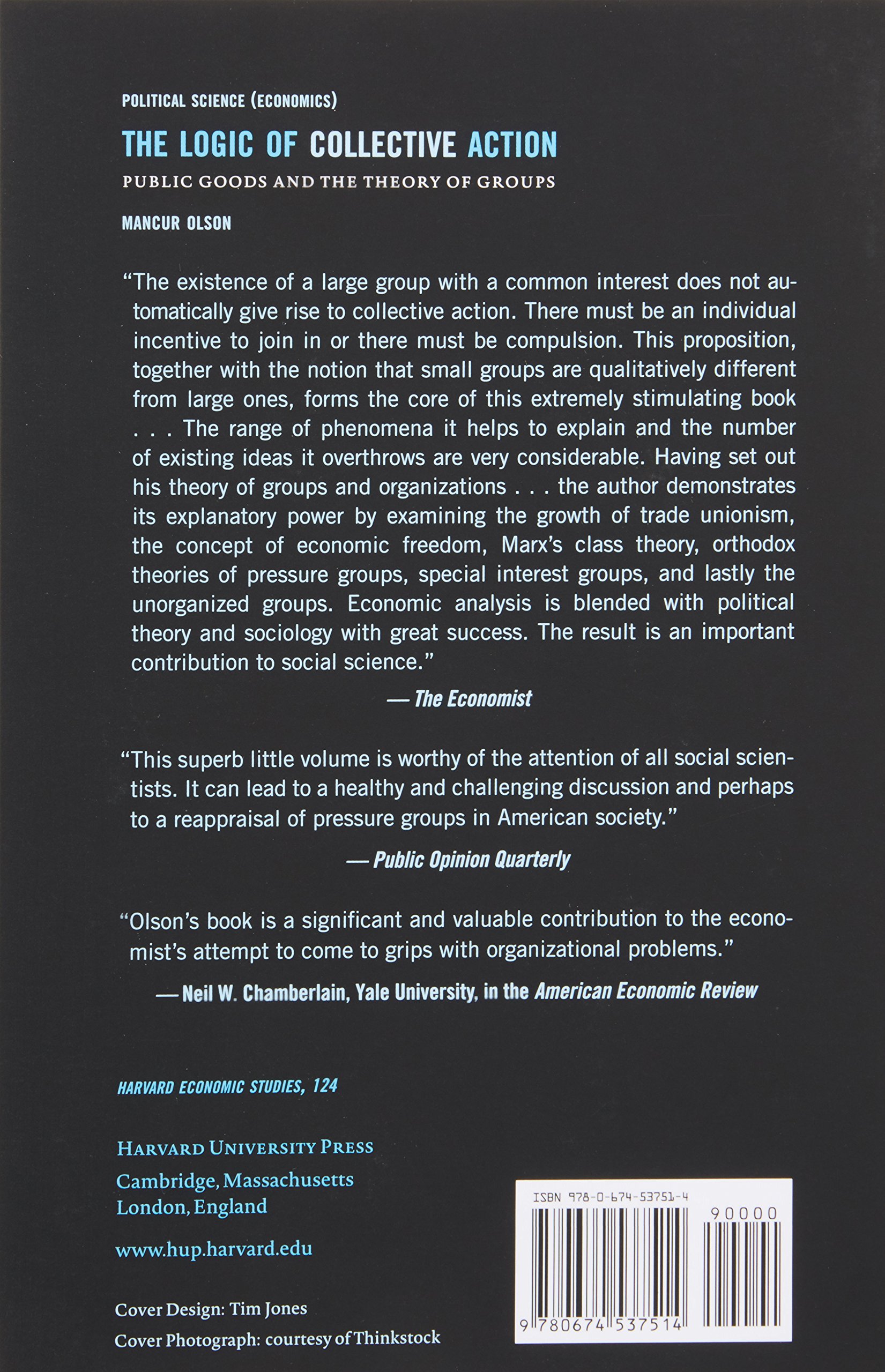Customer Services
Copyright © 2025 Desertcart Holdings Limited
Desert Online General Trading LLC
Dubai, United Arab Emirates




Full description not available
M**S
invaluable!
If you read it for no other purpose, read it for these two sections:1) Critique of Marx (Ch. 4, primarily) Marxism *does not* come about through a class of people overthrowing bourgeois values. In practice, Marxism only happens when a tiny faction commits violence under (and against) a weak government. Marx is emotional, not rational; that emotion is ENVY (108). Marx is utopian and his “Theory of Everything” is just as riddled with holes as any other “Theory of Everything,” except more so, because Marx misunderstands both human nature and prices. Lethal for an economist.2) Externalities (Appendix A and pp 48-49, 161) When common goods benefit only a minority within a jurisdiction, the goods will be provded (if at all) only to a less than optimal degree (171). The discussion of “political entrepreneurs” who bluster instead of bargaining is prescient (176).This is my third time through this book (1992 and 1997 were the others) and it is interesting to see Olson’s theories hold up through different political/social cycles. The book was written in 1965, the Appendix in 1971. I could spend a week reading and thinking about just the footnotes in this book. Excellent analysis and cogent writing. Recommend!Read also:William J. Baumol “Welfare Economics” p. 98Joseph Schumpeter “Capitalism, Socialism and Democracy” p. 109
D**E
How to Explain History
Many people discuss the influence of groups, but few really understand why some groups have are more effective than others. Mancur Olson crafted subtle and persuasive arguments explaining why special interest groups are often so effective. People participate in groups according to the expected marginal costs and benefits. Problems with group action emerge when we consider externalities and public goods provision within groups.Olson's theory is applied to labor unions, corporations, and other pressure groups. Olson also has a critique of Marxian class theory which drives one more nail into the coffin of communism. The Logic of Collective Action is important because it explains so much about how real groups have functioned throughout history. Pressure groups date back to the ancient world, and Olson's theory fits very well with this experience.Olson's ideas need further dissemination because most people get the special interest issue wrong. Most people recognize that pressure groups are often pernicious. But all too many people think that undue special interest influence is just a current phase that can be dealt with in a simple manner. This book indicates that we really should reconsider the role of government in society, especially at the Federal level. Olson is certainly not an anarchist, he insists that there are some things that government can and should do. However, the inevitability of special interest influence does make it impossible for government to function as many would like it too. Read this book along with Gordon Tullock's The Politics of Bureaucracy. Olson and Tullock enable us to make greater sense of world history.
A**R
Solid text
I was trying to figure out a framework for an organization with a volunteer component. Did help me to those ends. For the non-academic like me you'll have to pause alot and reflect every few pages to digest.
D**V
GREAT LOGIC, CLEARLY WRITTEN ARGUMENT
Mancur Olson's The Logic of Collective Action is one of the best arguments I have read on the theory of groups. Given its age (it was originally written in the 1960s), it does not include much of the later scholarship on the subject.However, it is a great introduction to collective action, as the basic argument has not changed: groups in which the benefits from collective goods cannot be denied to people are very difficult to organize. Organization will more lilkey come about when there is one (or a small number of) individual whose cost of action is lower than his own expected benefits; this leads to an exploitation by the small of the large, which is an interesting and counterintutive situation.Olson provides a wide array of examples, which are of course old but nonetheless relevant. Examples include farming organizations, trade unions, business pressure groups, medical associations, etc. Overall, I found this book to be very interesting and easy to read, as the economics hardly ever go beyond basic math. For people who like rational arguments, it will be a pleasure to read this. The most interesting portion of the book, in my opinion, is the author's argument why Marxism does not work in practice in the way that Marx predicted.
B**M
Fascinating, if a little technical.
Anyone interested in how the world of groups and organizations work should read this book. Even by the author's admission it's technical, and hard to follow at times if you're not an economist. But the theories and explanations are well worth the effrot because they explain in a "non-partisan" ways many things you may have wondered about, and will now see with a new perspective.
R**K
Public goods and public action
Large organizations fail to deliver public goods to their members, but they provide other social benefits (and coerce non-members into join rather than losing their business). This will definitely make one look at the claims of unions skeptically, if you did not already.
R**S
The Logic of Collective Action
This is a fine new edition of a seminal work in modern economics and political theory. Olson, in this work, introduced the concept of collective action problems: that the costs imposed on individuals for actions beneficial to a group may be too great, and the rewards to them too small, to induce them to act on behalf of the group. The book is highly readable and extremely thought-provoking.
M**R
A Classic
Classic text on the subject. This should be required reading for all policy-makers.
Trustpilot
2 weeks ago
2 weeks ago